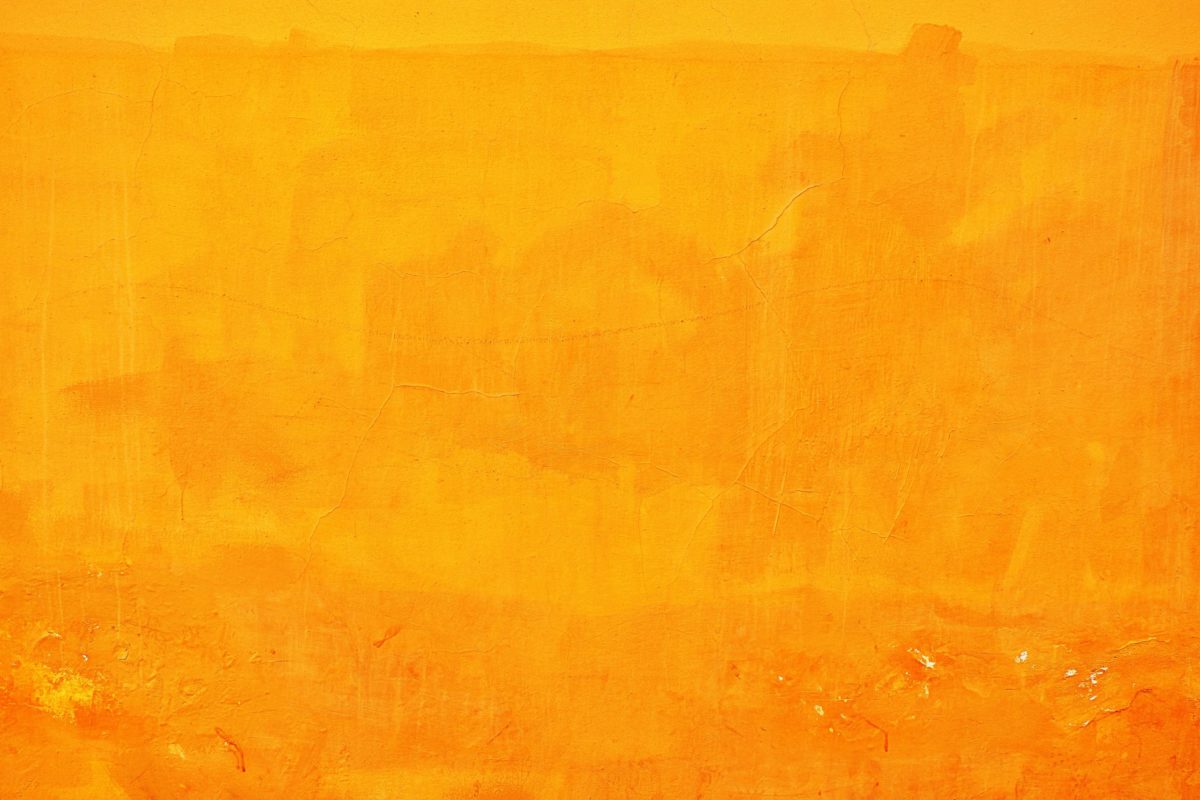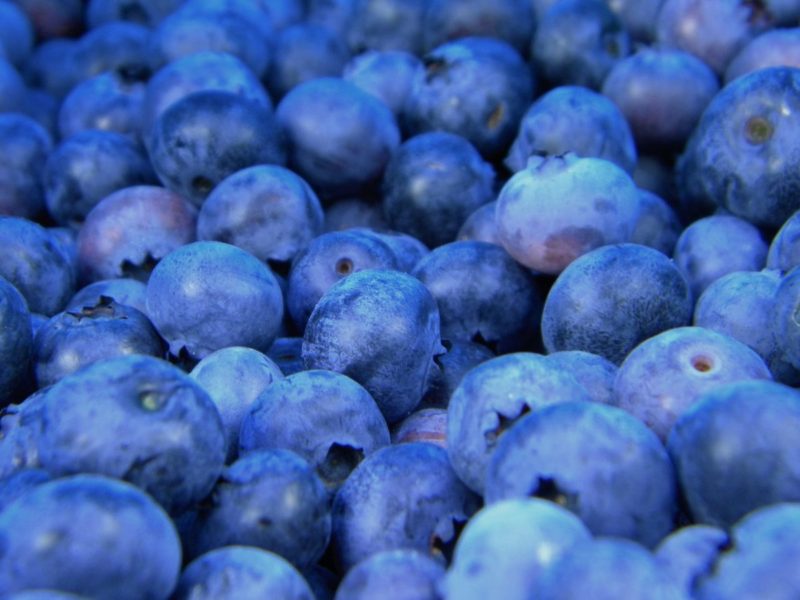The sacral chakra, or Svadhisthana, is the second primary chakra (after the root chakra, or Muladhara). Located about three inches below the navel, the sacral chakra is known as the center of our feelings and sensations. Think of it as the way we connect with the world and discover what we enjoy—whether it’s through relationships, hobbies, or self-discovery in other forms. Most often associated with creativity, fantasy, and sensuality, we’ve selected 8 creative, grounding poems to help you connect with the sacral chakra.
“Unfold Your Own Myth” by Rumi
Rumi, a 13-century Persian poet, Islamic scholar, and Sufi mystic, taught of a world infused with love and deep connection. Music, poetry, and dance were often central in his lessons as well as his everyday life. “Unfold Your Own Myth,” an excerpt from one of his larger works, inspires religious, spiritual, and secular readers alike to become agents in their own journey.
“Muse” by Anna Akhmatova
One of the most prolific Soviet Russian poets of the 20th century, Anna Akhmatova is known for her restrained yet haunting voice. Her signature style rings true in the brief and powerful 1924 poem “Muse.” In the poem, the speaker seems to wait on the muse of poetry to arrive. When she does, we learn a surprising message has been delivered.
“so you want to be a writer?” by Charles Bukowski
From Bukowski’s 2004 collection Sifting Through the Madness for the Word, the Line, the Way, the poem “so you want to be a writer?” puts our motives under the microscope. The poem pulls no punches, sending readers into a deep, reflective state in which we can begin to understand our intentions and allow our true inspiration to flow through.
“Pure Imagination” by Roald Dahl
Who could tap into our creativity faster than the author of the timeless Willy Wonka movie? Roald Dahl’s “Pure Imagination” is a whimsical reminder to activate our creative side and embrace the uncanny. This light, inspiring poem will make readers feel light as air as they set forth on their next creative venture.
“Poetry” by Pablo Neruda
Chilean poet, diplomat, and Nobel Prize-Winning poet Pablo Neruda artfully depicts his relationship with Poetry in this telling work. “Poetry” is at once empowering and humbling, as Neruda describes enjoying “pure wisdom / of someone who knows nothing; / and suddenly I saw / the heavens / unfastened…”
“Lives of the Poets” by Kim Addonizio
Award-winning poet Kim Addonizio uses the true grit of life to her creative advantage. “Lives of the Poets” is no exception. As Addonizio recounts a handful of poets and the inspiration that struck them, she brings to light the poet’s eternal struggle to put words to life’s most mundane yet meaningful moments—even when, at times, the struggle seems futile.
“I Sing the Body Electric” by Walt Whitman
Often cited as the archetype for transcendentalism, “I Sing the Body Electric” is one of Walt Whitman’s best-known poems. Throughout the poem, Whitman explores the physicality of the human body and its relation to the soul, as well as the world around us. While Leaves of Grass is chock-full of poems for the sacral chakra, “I Swing the Body Electric” is quintessential.
“For Each Ecstatic Instinct” by Emily Dickinson
Dualism reaches its peak in Dickinson’s poem “For Each Ecstatic Instinct.” With no exception to her signature short style, this poem is only eight lines long but leaves us with enough to unpack for years. In the poem, Dickinson explores how for all ecstasy, we must experience an equal amount of pain—and vice versa.




